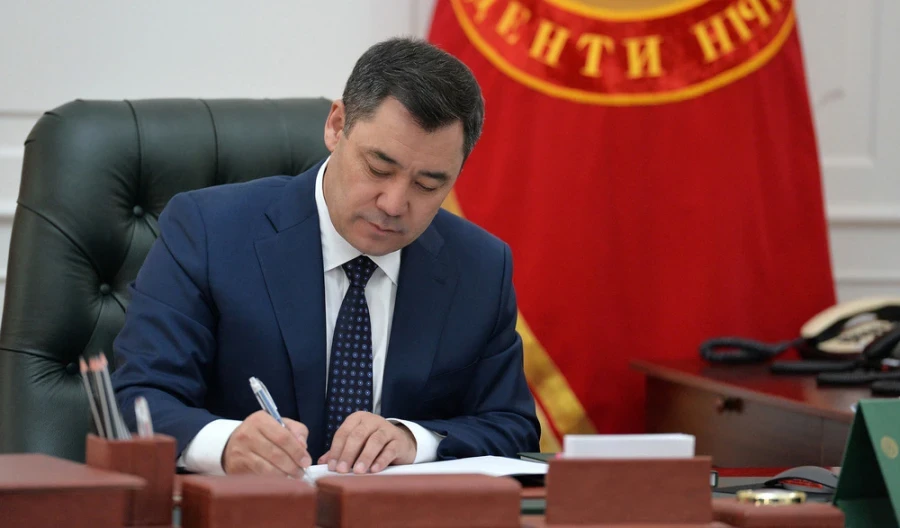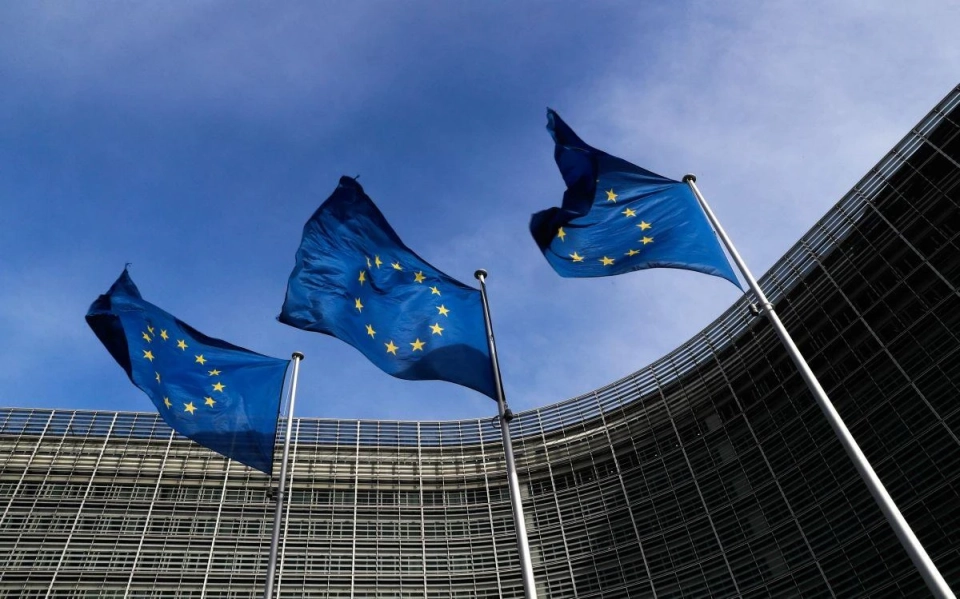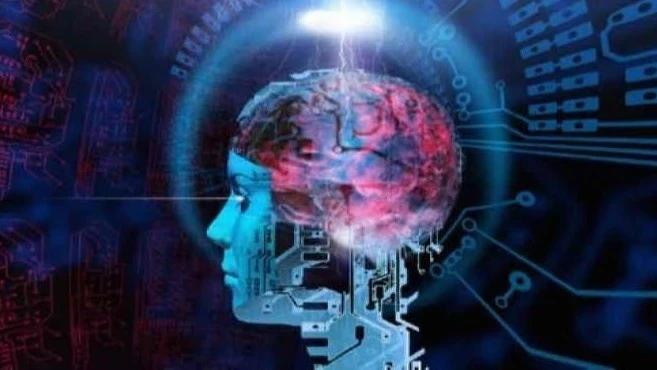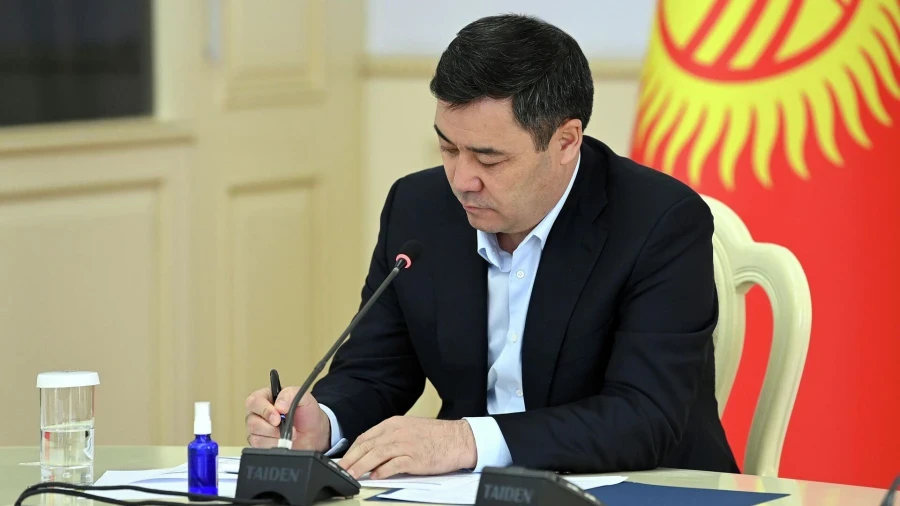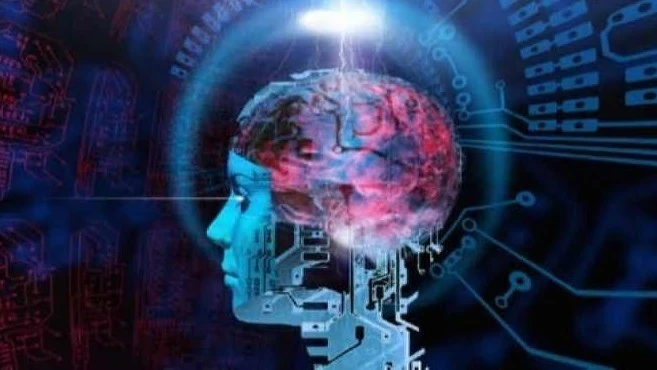
The law signed by the president introduces terms such as artificial intelligence, system, model, data library, and synthetic result into legal practice for the first time. The main goal of the document is to create a legal and organizational framework for the functioning of AI:
- ensuring the safety and transparency of artificial intelligence systems;
- defining the specifics of technology application by state and quasi-state institutions;
- expanding the government's powers in shaping state policy on AI;
- clarifying the rights and obligations of all participants in the field of AI.
The law provides for the creation of regulatory acts, the establishment of standards, monitoring of potential risks, and the protection of user rights. It also clarifies the rights and obligations of all parties involved in the field of AI, including developers, system operators, government bodies, and end users.
Additionally, Tokayev signed a law that amends and supplements a number of legislative acts related to AI and digitalization. The first part of the amendments aims to adapt existing laws to the new legislation on artificial intelligence.
The second part of the changes focuses on improving legislation on other issues, including the regulation of unsecured digital assets in Kazakhstan. Previously, this was only allowed within the framework of the Astana International Financial Center.
To enhance the protection of personal data of citizens of Kazakhstan, a requirement for the duration of consent for their processing has been introduced. Subjects or their legal representatives have the right to revoke this consent at any time.
Furthermore, the mechanism for labeling goods has been improved, now requiring entities in domestic retail to account for transactions using cash register machines to read identification data.
Several amendments strengthen the requirements for ensuring information security.
